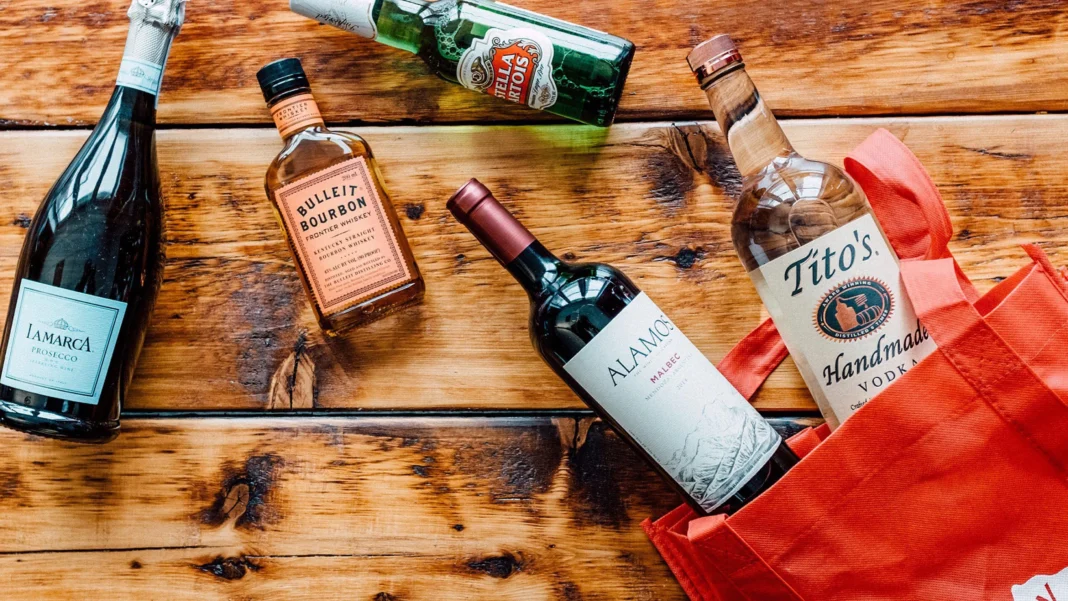Florida, known for its beautiful beaches, theme parks, and vibrant nightlife, has a complex set of liquor laws that vary by county. While the state has a general framework for alcohol regulations, each county has its own specific rules and restrictions. In this article, we will explore the nuances of Florida liquor laws by county, helping you navigate the differences and ensure compliance.
Statewide Regulations
Before diving into county-specific laws, it’s essential to understand the statewide regulations that apply to all counties in Florida. Some key points to note include:
-
The legal drinking age is 21 years old.
-
Alcohol sales are permitted between 7 am and 12 am, Monday through Saturday, and 11 am to 12 am on Sundays.
-
Beer, wine, and liquor can be sold in grocery stores, supermarkets, and other retail establishments.
-
Restaurants and bars must obtain a license to serve alcohol.
County-Specific Laws
Now, let’s explore some of the variations in liquor laws by county:
1. Miami-Dade County
Miami-Dade County has some of the most relaxed liquor laws in the state. There are no restrictions on the number of liquor licenses issued, and businesses can obtain a 24-hour liquor license. However, some areas like Miami Beach have specific rules, such as a noise ordinance that restricts loud music after 12 am.
2. Orange County (Orlando)
Orange County has a more restrictive approach to liquor laws. The county has a quota system for liquor licenses, limiting the number of licenses issued. Additionally, businesses must obtain a special permit to serve alcohol after 12 am.
3. Hillsborough County (Tampa)
Hillsborough County has a unique law requiring businesses to obtain a ” Late Night Permit” to serve alcohol between 12 am and 3 am. This permit comes with additional fees and requirements.
4. Palm Beach County
Palm Beach County has a more conservative approach to liquor laws. Businesses must obtain a special permit to serve alcohol after 12 am, and there are restrictions on the number of liquor licenses issued.
5. Duval County (Jacksonville)
Duval County has a relatively relaxed approach to liquor laws, with no quota system for licenses. However, businesses must obtain a special permit to serve alcohol after 12 am.
Additional Considerations
Some other factors to keep in mind when navigating Florida liquor laws by county include:
-
Wet and Dry Counties: Some counties in Florida are considered “dry” counties, where alcohol sales are prohibited or heavily restricted. These counties include Lafayette, Liberty, Madison, and Washington.
-
Special Events: Counties may have specific rules and permits required for special events, such as festivals, concerts, or sporting events.
-
Zoning Regulations: Zoning laws can impact where businesses can locate and operate, including restrictions on proximity to schools, churches, and residential areas.
Conclusion
Florida liquor laws by county can be complex and nuanced, with variations in regulations and restrictions. Understanding these differences is crucial for businesses and individuals to ensure compliance and avoid legal issues. By familiarizing yourself with the specific laws in your county, you can navigate the world of Florida liquor laws with confidence. Remember to always drink responsibly and follow the rules.




